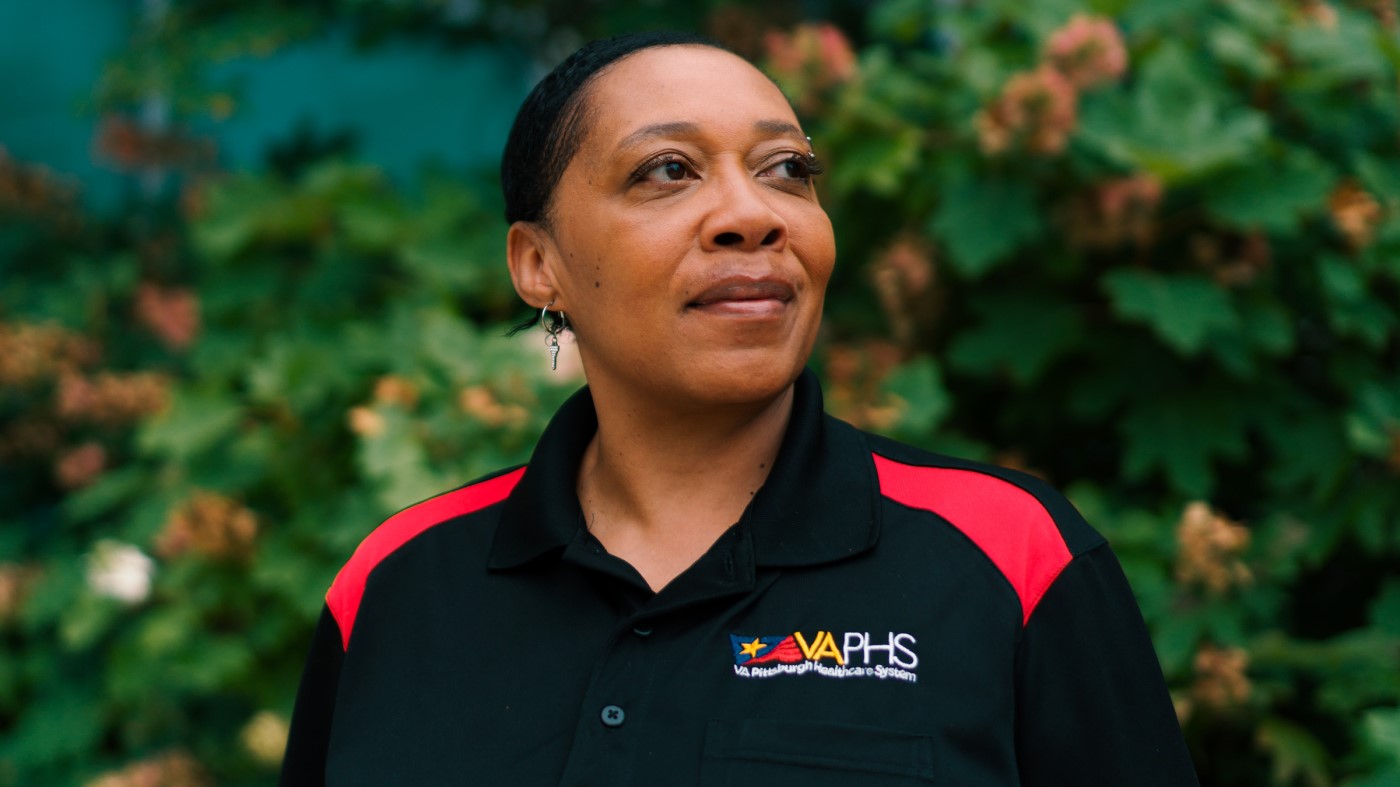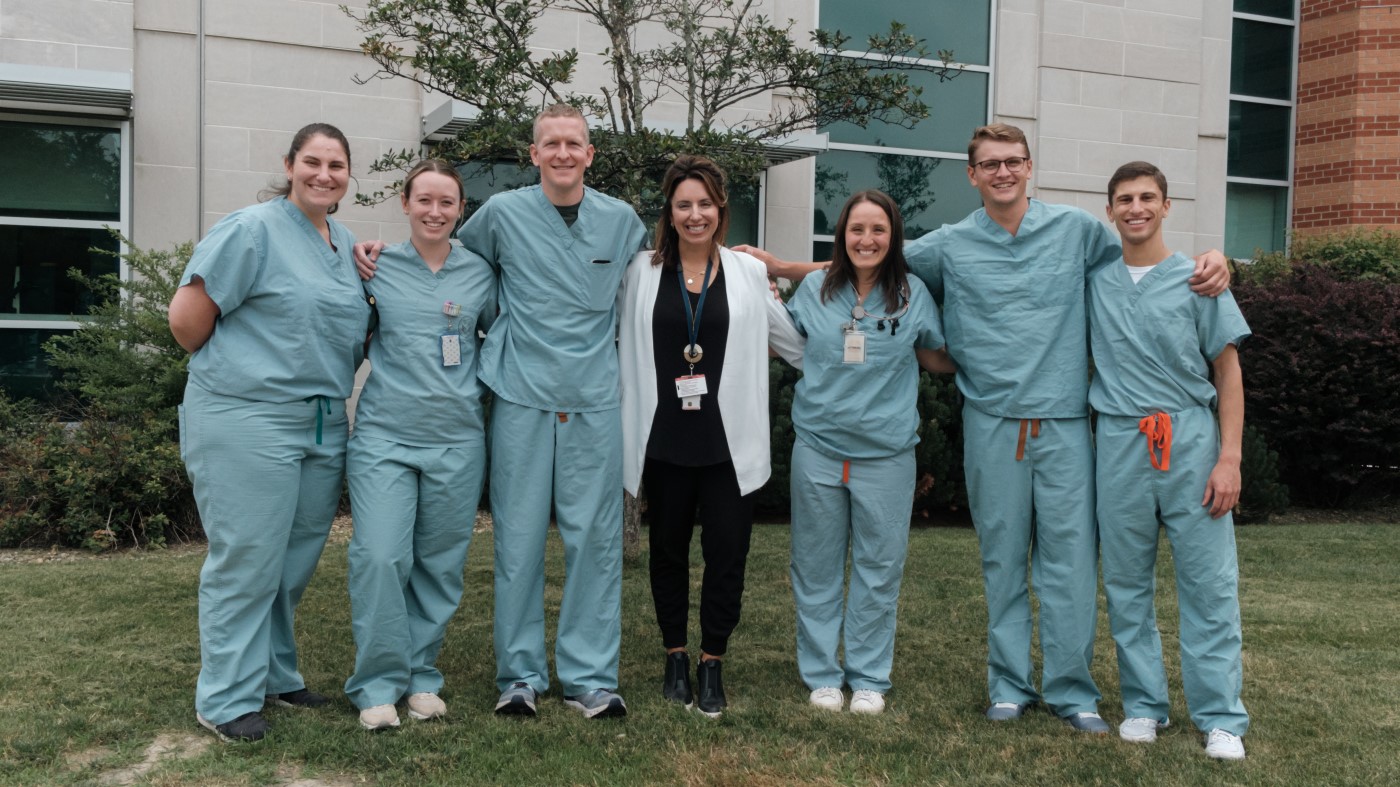In my two years as an employment specialist for the VA, I have helped hundreds of Veterans and transitioning Servicemembers find jobs in the federal government as well as the private and nonprofit sectors. From mentor to career counselor to employment-resource provider, I have worn many hats in my role helping Veterans navigate their professional crises.
Recently, I was the Veteran in need of employment support.
Due to an organizational restructure, I found myself in the same space as many of those I have helped. So what did I do? I took my own advice and exercised some of the strategies and tactics that I encourage Veterans to use when conducting a job search. From updating my résumé, to tapping my personal and professional networks for job leads, I used a multi-pronged approach to quickly find a new position, so I wouldn’t become an unemployment statistic.
More than five years ago, the overall rate for Veteran unemployment was over 8 percent. To address those concerning statistics, the White House launched an initiative to improve employment opportunities for transitioning and disabled Veterans within the federal government. Current numbers prove the effort worked. According to December statistics from the U.S. Department of Labor, the Veteran unemployment rate was 4.1 percent, down from 4.8 percent a year ago, and the lowest since May 2016.
But if you’re a Veteran facing unemployment, those favorable numbers mean little if you can’t pay the bills. So, here are some strategies to help your job search:
- Update your resume. Tailor your résumé to include some of the language from the job to which you are applying. Don’t do a word-for-word cut and paste from the job description to your résumé. It will turn off most hiring managers, and may even hurt your chances of being hired. Instead, tweak your résumé to include some of the key words from the job description.
- Network, network, network. Reach out to everyone you know personally and professionally and let them know you are in the market for a new job. I contacted recruiters, employment specialists, friends, and even family members to ask for job leads.
- Apply for the job. This may sound simple, but you have to go beyond reviewing the job, talking about the job to others and actually apply for the job. I dedicated myself to applying for at least five jobs per week. Some weeks I missed this mark; others, I exceeded the goal. I spent many late nights tailoring my résumé for each job to which I applied. I even applied for jobs I was not 100 percent sure I wanted, but my goal was to create as many options as possible for myself.
- Clean up your social media accounts. We leave a digital footprint each time we post content to a social media site, so present your best online image to a prospective employer. Remove inappropriate content that could negatively impact your hiring prospects, and share subjects that show your professional expertise. Many companies use social networking sites to research job candidates as well as to query your mutual online connections about your background.
- Take care of yourself. A job loss is a professional crisis, but it can affect your overall wellbeing, so look for ways to maintain your health — physically, emotionally and mentally. In my case, I exercised a little more, ate healthier meals and reached out to friends and family to provide comfort and encouragement.
- Tap all of your resources. A multitude of online resources offer career advice, lists of job fairs and tips to find employment. Here are a few that I used in my job search: www.usajobs.gov; vaforvets.va.gov; https://www.fedshirevets.gov/job/index.aspx; https://www.dol.gov/vets/; https://recruitmilitary.com/; https://www.uschamberfoundation.org/events/hiringfairs; and https://www.dol.gov/vets/.

Topics in this story
More Stories
Whether it’s access to the great outdoors or a calmer pace in your everyday life, you can find it in rural VA communities around the country.
If you’re looking for an opportunity to provide care to Veterans outside a traditional clinical setting, Home Based Primary Care (HBPC) is a great option.
A key part of your job search is finding the right fit for you and your skills, and workplace culture can impact that dramatically.







Contact your local HR department for your state. For California, it’s http://www.calhr.ca.gov. They offer free workshops and veterans hiring preference. If you are able to update your skills at all, you should consider it. As a 50+ female, the older I get, the harder it is for me to sell myself. Civil service doesn’t always pay as well depending on economic times, however since you’ve already served your country, I know you’d fit right in. One final thought, you may have to consider relocation as well or using a temporary employment service. Good luck and don’t give up….you’re worth it!
Stuart, I agree with you! I’m 37 and have been unemployed for almost 3 years now! I’ve reached out to just about every organization (federal, state, and private) I can find for help and I’ll I get is to “be sure to match your resume to the job description!” Like I haven’t already done that! Im a Logistics Officer with 20 years service and I have a Master’s Degree but the only thing I seem to be qualified for in the civilian world is flipping burgers! There is talk of people wanting to help vets but it’s just hot air!
Hello Sonya, great advice on self-care. I would just suggest putting that as #3, because appearances do count.
I would also add research of the prospective job. By tailoring a resume to not just to capture the buzzwords in the job description, check the organizations’ website, news releases and social media account to make sense of their mission, their people and most importantly, their issues. These are very important to marry up your experience, training and credentials on how you can contribute and be a problem-solver in their organization.
@ Stuart Anderson,I share your concerns about age discrimination which is a reality for everyone, not just veterans. Age discrimination has more to do with your worth and seniority. There are organizations who simply want to pay less and will deem you overqualified for the job when your application is evaluated based on your education level (Bachelors vs. Masters) and years of experience. If the job description content seeks an average of 5 years work experience and a Bachelors degree paying from $40-$60K, chances are they want a recent graduate and relatively younger, but not a fresh graduate out of school. Those are one of the clues I have observed when I do my online job searches.
For advice and support, I would strongly recommend, in addition to TAPS and the base training resources, try working with your local EDD (Employment Development Department or state employment departments) in different localities who have a variety of recurring scheduled calendar of different workshops to help you gain insight on the civilian job market whether it be corporate, nonprofit and government. In fact, I actually found a workshop for older workers where you can have a honest and candid discussion of these issues on applicant age bias and how you can overcome those challenges. The hard-working staff at the EDD have seen the range and gamut of people who share the same issues with you and can point you to the right resources and networking opportunities. Job-hunting from scratch takes time and you can get easily discouraged with the time-consuming effort it takes, however, you will learn quickly that the more you “get out there” and understand the job market battlefield, you will have a greater appreciation of your time in the military and be encouraged to move forward.
Semper Paratus,
While all this sounds good…what if you are a veteran and over 40? I’ve tried and tried every one of these suggestions, only to receive the response, “we chose someone more in line with our immediate requirements”….which translated means, “you are over 40 and from the military. We don’t think you can do the job”. My experience. My story.
An idea, if you can do volunteer work that may be close to the type of work you are looking for or if a company you want to work for mentions on their web site about the volunteer work the employees do, it might be an idea to volunteer to do the same thing so now they have more things in common with you and you with them. Network at churches in your community during the community time after the service, so complete strangers know you are available and looking. Network in neighboring communities if you live in a suburb.